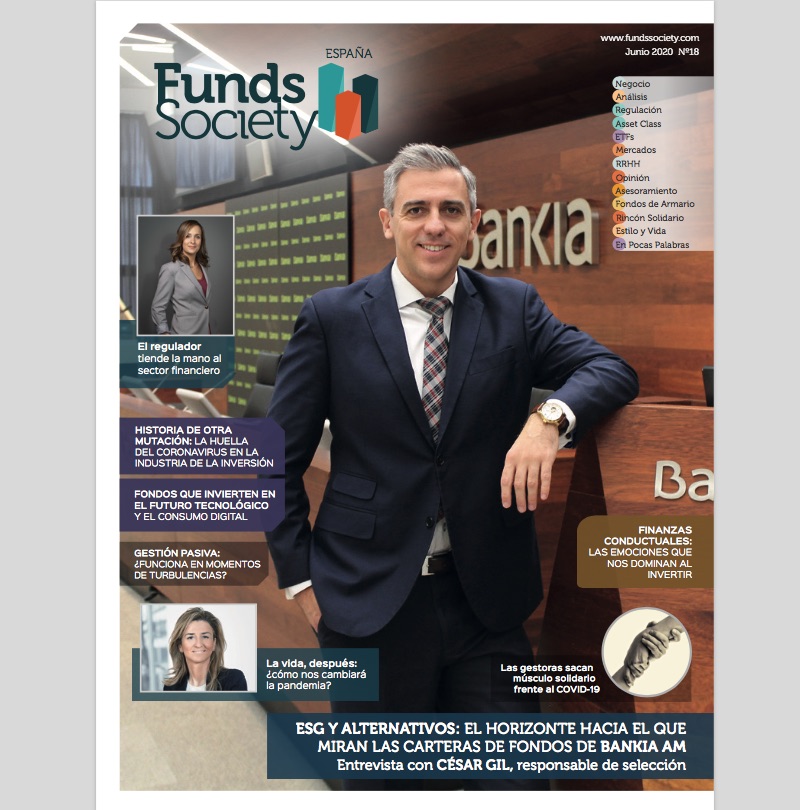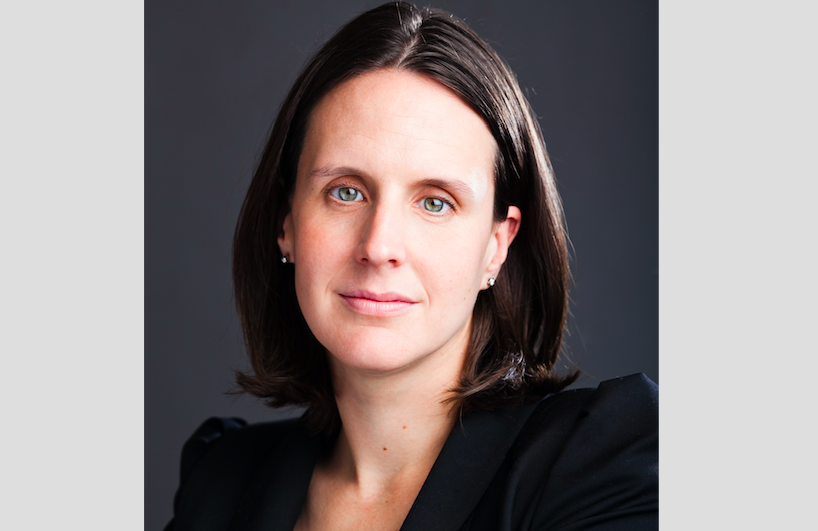S&P Dow Jones Indices y la Bolsa Mexicana de Valores lanzan un índice ESG
| Por Gabriela Huerta | 0 Comentarios

S&P Dow Jones Indices, el mayor proveedor global de índices, en conjunto con la Bolsa Mexicana de Valores, la segunda mayor bolsa de valores en América Latina, realizaron el debut del S&P/BMV Total Mexico ESG Index, el último miembro en la creciente familia de índices ESG globales de S&P DJI, que se basan en algunos de los benchmarks específicos por región y país más seguidos en el mundo.
El índice utiliza criterios de selección basados en principios ESG pertinentes, a fin de escoger sus componentes del recientemente lanzado S&P/BMV Total Mexico Index, un índice de referencia amplio compuesto por acciones y FIBRAS listados en la BMV.
El objetivo del S&P/BMV Total Mexico ESG Index es proporcionar una exposición central al mercado mexicano de acciones y al mismo tiempo impulsar de manera significativa el desempeño ESG.
“En el último año, los criterios ESG se han vuelto tendencia dominante en las inversiones, dado que los participantes del mercado entienden cada vez más la importancia y relevancia de los índices que incorporan datos y principios de sustentabilidad”, señaló Reid Steadman, director general y director global de Índices ESG en S&P DJI. “Creamos los índices ESG de S&P DJI teniendo en mente tanto las necesidades como los valores de los inversionistas, con el objetivo de garantizar que aquellos que usen estos índices no sacrifiquen un objetivo para alcanzar otro”.
Steadman agregó que “estamos encantados de trabajar con la BMV para llevar esta estrategia al mercado mexicano a través del S&P/BMV Total Mexico ESG Index. La Bolsa Mexicana de Valores ha sido reconocida como líder en América Latina en la implementación de prácticas ESG y como pionera en el desarrollo de índices sustentables, al ser el único miembro mexicano de la división de Bolsas de Valores Sustentables que es parte de la Federación Mundial de Bolsas de Valores».
“El nuevo índice S&P/BMV Total Mexico ESG forma parte importante de la estrategia de sustentabilidad del Grupo BMV. A través de nuestra amplia experiencia en mercados de capitales y en colaboración con S&P DJI, ofrecemos a los inversionistas globales un benchmark innovador y moderno basado en prácticas internacionales que se puede replicar fácilmente a través de vehículos de inversión”, mencionó José-Oriol Bosch Par, director general de la Bolsa Mexicana de Valores.
El S&P/BMV Total Mexico ESG Index toma el universo de componentes del S&P/BMV Total Mexico Index y excluye compañías involucradas en las industrias de armas convencionales y tabaco, así como aquellas que no cumplen los requisitos del Pacto Mundial de Naciones Unidas. Las compañías elegibles restantes son clasificadas según su puntuación de ESG de S&P Global, que se deriva de la Evaluación de Sustentabilidad Empresarial (CSA).
Las acciones clasificadas en el 80% superior según su puntuación ESG de S&P DJI son elegibles. De dicha lista, las acciones situadas en el 75% superior en cuanto a puntuación ESG dentro de cada sector del GICS son elegidas para ser incluidas en el índice.
En el momento de su lanzamiento, el S&P/BMV Total Mexico ESG Index se compone por 29 empresas:
- Alfa
- Alsea
- Arca Continental
- Banco Santander Mexico
- Cemex
- Coca-Cola Femsa
- Corporación Inmobiliaria Vesta
- Fibra Uno Administración
- Fomento Económico Mexicano
- Genomma Lab Internacional SA de CV
- Gentera
- Grupo Aeroportuario del Centro Norte
- Grupo Aeroportuario del Pacifico
- Grupo Aeroportuario del Sureste
- Grupo Bimbo
- Grupo Financiero Banorte
- Grupo Herdez
- Grupo Rotoplas
- Grupo Televisa
- Industrias Penoles
- Infraestructura Energética Nova
- Kimberly Clark de Mexico
- Nemak
- ORBIA ADVANCE CORPORATION
- Prologis Property Mexico
- Qualitas Controladora
- Regional
- Walmart de México
Toda la investigación y metodología del S&P/BMV Total Mexico ESG Index y de las puntuaciones ESG de S&P DJI están disponibles en: espanol.spindices.com.












